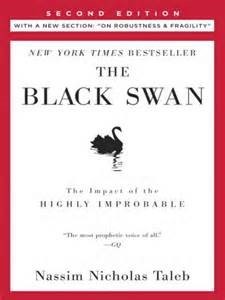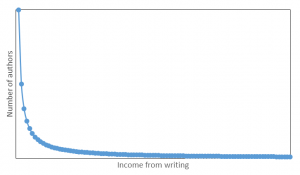In 2023, the movies Barbie and Oppenheimer got released at the same time, and the simultaneity struck audiences as funny. A cultural meme exploded—”Barbenheimer.” Rather than competing for audiences, promoters of the films capitalized on the meme.
Now in 2024, the movies Gladiator II and Wicked spawned their own portmanteau—Glickéd.
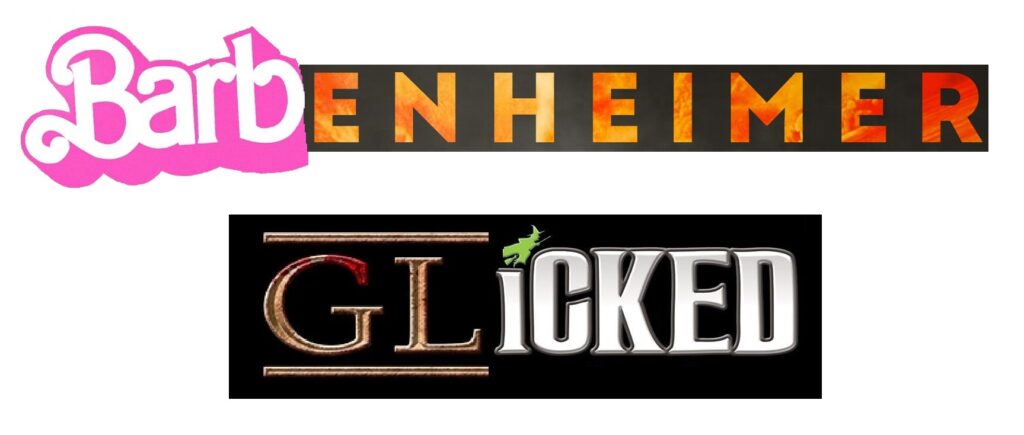
What if this weird cultural phenomenon had happened with novels? What if the two best-selling novels for each of the last ten years got combined the same way and were promoted together?
My Method, With Caveats
Before I unveil my zany title combinations, a couple of quick explanations. Publishers don’t reveal hard data on book sales, so I used the number of weeks on the New York Times Bestseller List as my measure. This includes print and ebook sales. Best-selling books in any given year might have been published in a previous year. Sometimes I ran into ties for second place. In those instances, I picked one from among the tying books. Here’s my list:
2014
“Gone Goldfinch,” from The Goldfinch by Donna Tartt and Gone Girl by Gillian Flynn.
2015
“GreyGirl,” from The Girl on the Train by Paula Hawkins and Grey by E.L. James. Others that tied for second with Grey were Go Set a Watchman by Harper Lee and Rogue Lawyer by John Grisham.
2016
“Me Girl, You Train,” from The Girl on the Train by Paula Hawkins and Me Before You by Jojo Moyes
2017
“CamShack,” from Camino Island by John Grisham and The Shack by William P. Young.
2018
“Great President is Alone,” from The President is Missing by James Patterson and Bill Clinton, and The Great Alone by Kristin Hannah
2019
“Sing, Guardians!” from Where the Crawdads Sing by Delia Owens and The Guardians by John Grisham. Others that tied for second with The Guardians were Blue Moon by Lee Child and The Institute by Stephen King.
2020
“CrawDirt,” from Where the Crawdads Sing by Delia Owens and American Dirt by Jeanine Cummins. Others that tied with American Dirt were Little Fires Everywhere by Celeste Ng, Camino Winds by John Grisham, The Vanishing Half by Brit Bennett, and Ready Player Two by Ernest Cline.
2021
“Four Windy Dukes,” from The Four Winds by Kristin Hannah and The Duke and I by Julia Quinn.
2022
“Where Crawdads End,” from Where the Crawdads Sing by Delia Owens and It Ends with Us by Colleen Hoover.
2023
“It Starts Fourth,” from It Starts with Us by Colleen Hoover and Fourth Wing by Rebecca Yarros.
Lessons
Maybe the publishing industry could learn something about promotion from Hollywood. Use the portmanteau idea in media blitzes for novels. Send the two authors out to book signings together. Bundle the books for sale in one package.
I’m no marketing genius, but perhaps there’s merit in this. If some advertiser wants to run with it, just remember to credit me with the idea. And get my name right. It’s spelled—
Poseidon’s Scribe

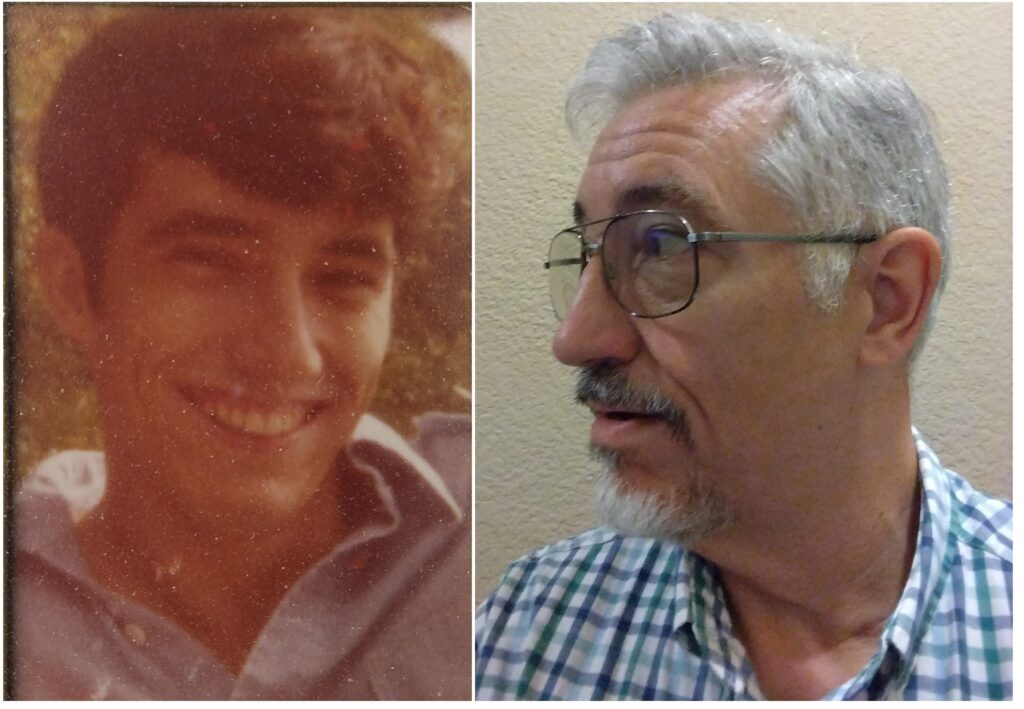
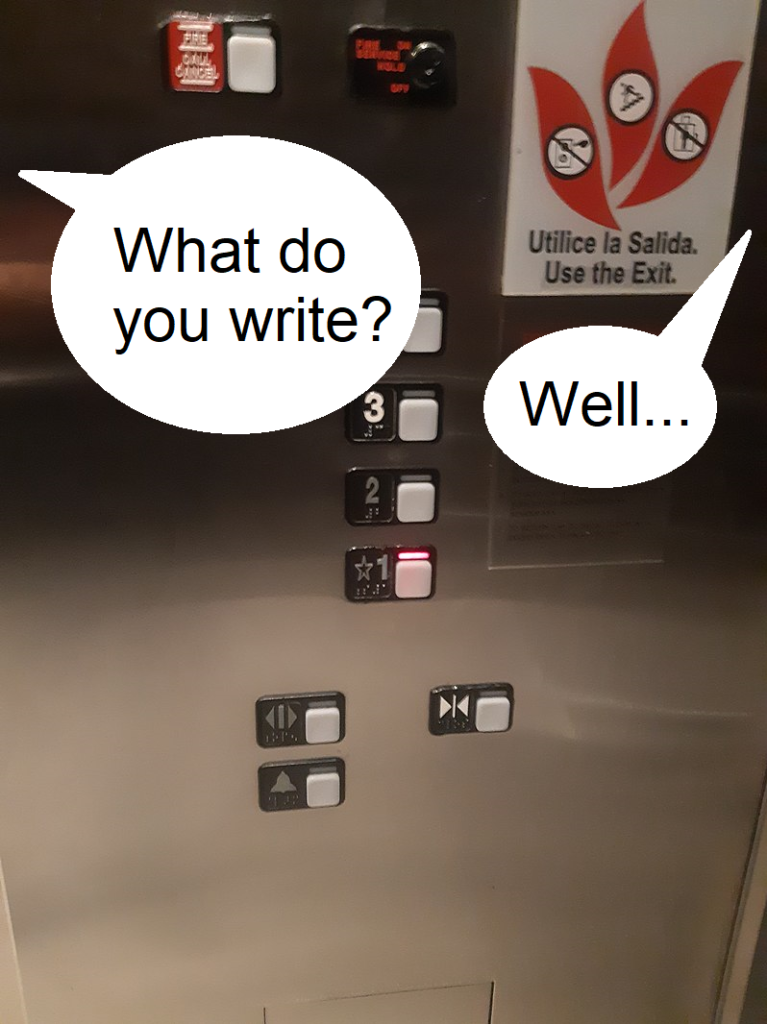










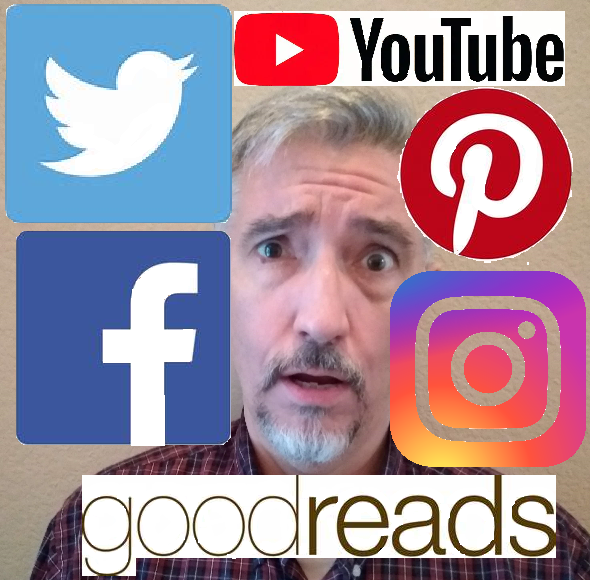
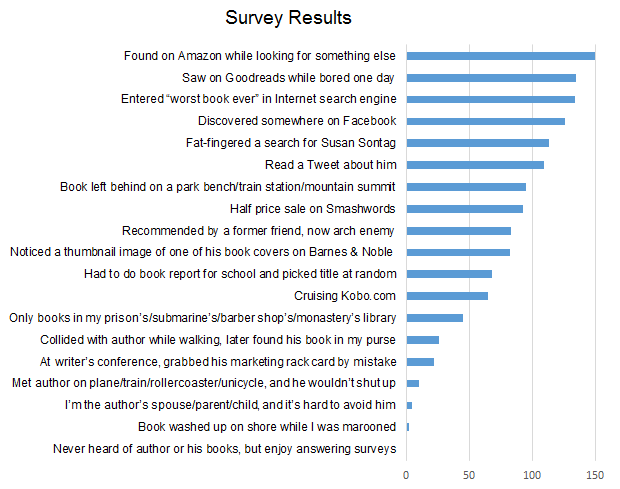
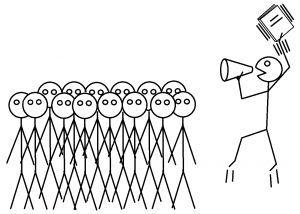 There’s plenty of advice out there, both online and in excellent books, about marketing your stories. Many websites provide long lists with scores of tasks for you to do. It’s a bit intimidating.
There’s plenty of advice out there, both online and in excellent books, about marketing your stories. Many websites provide long lists with scores of tasks for you to do. It’s a bit intimidating.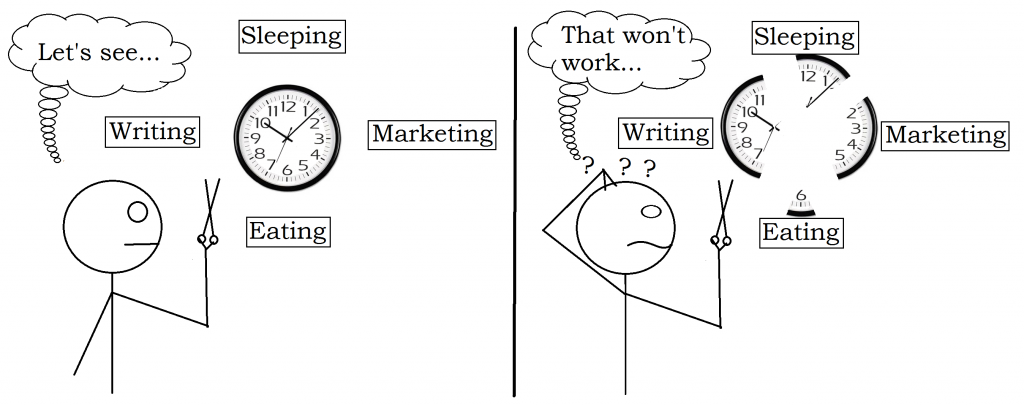 Well, you’d better make time for it. Somehow. Sure, you want to spend your precious time writing and you don’t like marketing. That’s why you became a writer. Still, it turns out that your preferences don’t really enter into this—you must do most of your own marketing (or pay someone to do it for you).
Well, you’d better make time for it. Somehow. Sure, you want to spend your precious time writing and you don’t like marketing. That’s why you became a writer. Still, it turns out that your preferences don’t really enter into this—you must do most of your own marketing (or pay someone to do it for you).